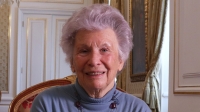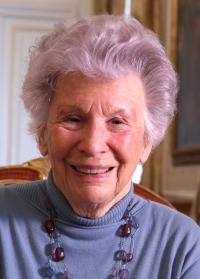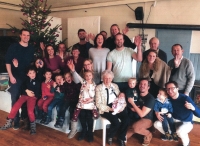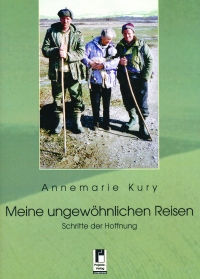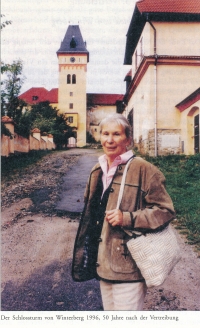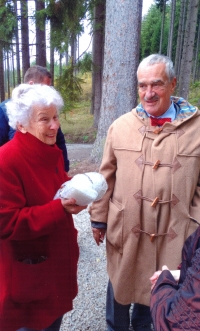I knew exactly from which tree those apples were

Download image
Annemarie Kury, born Heske, was born in 1932 in Vimperk. Her mother was German and the father descended from a diverse family. Her male ancestors had been employed by representatives of the aristocratic Schwarzenberg family for many generations. Her family lived in the manor of a castle in Vimperk. After 1938 the manor directorate came under German administration. After a war in summer of 1945 the family was awaiting for being moved into Germany, however they managed to get a work permit from the Schwarzenberg family to move to Murau, Austria instead. Karel Schwarzenberg, a presidential candidate of the Czech Republic in 2013, has completed a one-year internship at Annemarie Kury’s father. Annemarie graduated in 1955 in Salzburg then she supplemented her education as a nurse, got married and in 1963 she and her husband established a physiatry office. Together they have raised five children. Her husband died while he was on an expedition to the Himalayas in 1977. Towards the end of her working career in 1991 Annemarie began organizing material and financial assistance in the war-torn regions of the former Yugoslavia.
